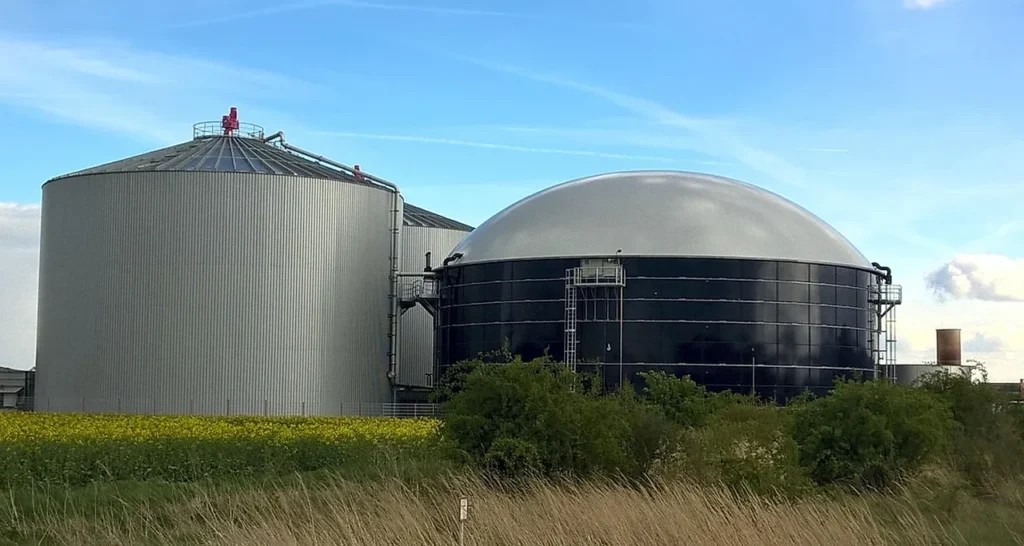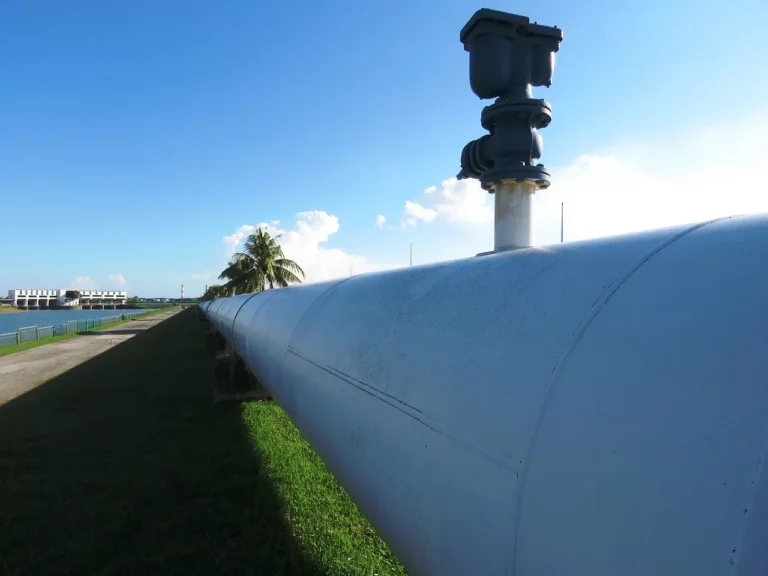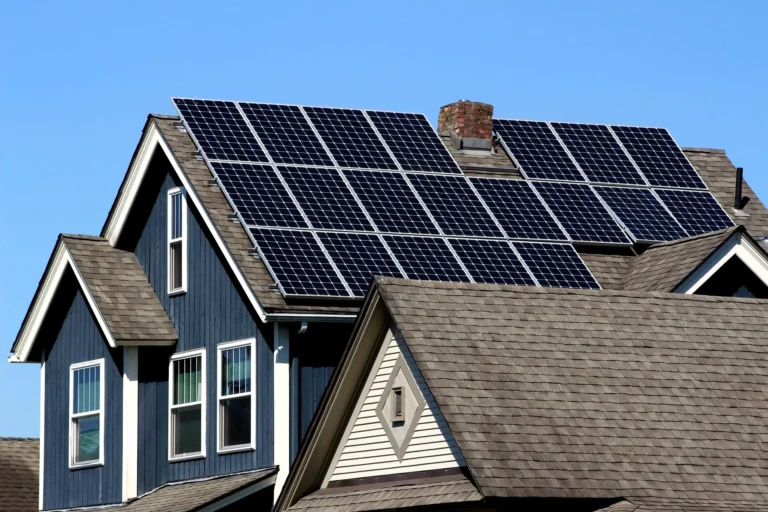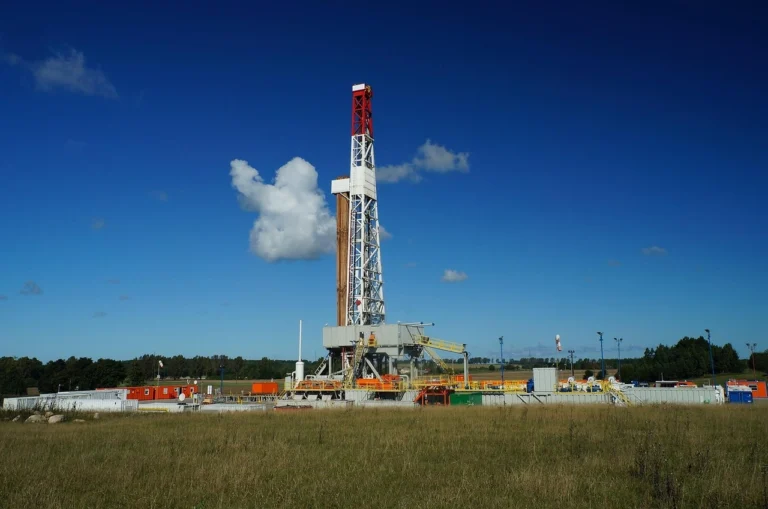
Anaergia Signs Major Contract to Design and Build Biogas Facility on Jeju Island, Expanding Its Role in South Korea’s Green Energy Transition
Anaergia Inc., a global leader in sustainable waste-to-energy solutions, has announced a significant development in its expansion strategy across Asia. Its wholly owned subsidiary, Anaergia Singapore Pte. Ltd., has entered into a conditional agreement with South Korea’s New Jeju Bio Co. Ltd. to design and construct a major renewable energy facility on Jeju Island.
This new project, formally named the Jeju Bio Energy Biogas Plant, underscores Anaergia’s growing international footprint and its commitment to building high-efficiency, low-emissions infrastructure. The total value of the contract is approximately CAD 40 million, which includes a main agreement worth CAD 30 million and a supplementary agreement valued at CAD 10 million. Completion of the facility is currently targeted for mid- to late-2027, contingent upon standard preconditions such as financial close arrangements led by the client, New Jeju Bio.
This development builds on Anaergia’s previously disclosed involvement in the project. On September 3, 2024, the company had announced the receipt of a Letter of Award (LOA) for the same facility. The recent finalization of the contract reflects a notable expansion in both project scope and value, marking a significant increase in projected revenues from Anaergia’s earlier estimates. This broader mandate recognizes the versatility and scalability of Anaergia’s proprietary technologies and engineering capabilities.
A Strategic Project in a Growing Renewable Energy Market
The Jeju Bio Energy Biogas Plant will be located on Jeju Island, a volcanic island off the southern coast of South Korea known for its ambitious environmental goals and a regional commitment to sustainability. The island has long been a testing ground for green innovation, and this biogas plant is expected to play a central role in achieving its waste recycling and carbon neutrality targets.
Once operational, the facility will process approximately 54,000 metric tons of organic waste annually. This includes various organic feedstocks such as slaughterhouse waste and undigested sludge sourced from local wastewater treatment plants. By diverting these high-moisture, high-energy-content waste streams from landfills and incineration, the plant will not only reduce greenhouse gas (GHG) emissions but also generate approximately 2 megawatts of renewable energy.
Closed-Loop, High-Efficiency Biogas Conversion
The energy produced will power a combined heat and power (CHP) system, which is designed to provide both electricity and thermal energy to support the facility’s own internal operations. This includes energy-intensive processes such as anaerobic digestion, pasteurization, evaporation, and digestate drying.

Additionally, the facility has been designed with an advanced wastewater recycling system that will treat effluent on-site to ensure compliance with South Korea’s stringent discharge standards. The inclusion of these treatment systems aligns with best practices for environmental sustainability and resource circularity, two of Anaergia’s guiding principles.
The project stands as a model for circular economy infrastructure, wherein organic waste is transformed into renewable energy and reusable byproducts, significantly minimizing the environmental footprint of traditional waste disposal methods.
Industry-Leading Technology Tailored to Local Needs
Anaergia’s successful bid and final contract execution reflect its position as a trusted provider of comprehensive waste-to-energy systems. The company’s vertically integrated approach — which combines proprietary equipment, engineering expertise, and end-to-end delivery capabilities — offers clients like New Jeju Bio a reliable partner for large-scale, technically complex projects.
According to Sae Hyun Cho, CEO of New Jeju Bio, Anaergia’s depth of technical knowledge and its track record of delivering operational solutions were central to the decision to expand the scope of the company’s role in this project:
“New Jeju Bio chose Anaergia for this project due to its proven ability to deliver integrated, complex solutions. Throughout the design process, we expanded our use of Anaergia’s technologies to address the diverse organic waste streams generated on Jeju Island and optimally transform them into valuable resources.”
The adaptive nature of Anaergia’s systems allowed the company to design a tailored solution that maximizes biogas output while minimizing operational risk and environmental impact. The project’s evolution from a letter of intent to a detailed contract with expanded scope is a testament to the firm’s responsiveness and ability to scale its offerings according to client needs.
A Gateway to Future Growth in South Korea and Asia-Pacific
For Anaergia, this contract signifies a strategic milestone in expanding its business in the Asia-Pacific region, particularly in South Korea — a country that has committed to substantial emissions reductions under the Paris Agreement and is heavily investing in clean technology to meet its national climate goals.
As Assaf Onn, CEO of Anaergia, noted in the company’s statement:
“Finalizing the contract with New Jeju Bio marks an even more significant achievement than we had previously envisioned. Not only is this a very significant project in a key new market, but it also clearly demonstrates how our industry-leading, integrated suite of technologies provides a proven, comprehensive solution for project developers seeking reliable, innovative organic waste-to-energy systems.”
Onn further emphasized that this project highlights Anaergia’s role in enabling decarbonization across multiple sectors — from municipal waste management to agriculture and food processing — while also delivering economic value through energy generation and material recovery.
Anaergia’s Global Impact and Project Portfolio
Headquartered in Canada, Anaergia has established itself as a global innovator in the waste-to-resource sector. The company designs, builds, owns, and operates a wide range of facilities that convert organic waste into renewable natural gas (RNG), electricity, fertilizer, and water. Its solutions are deployed across North America, Europe, and Asia, in settings ranging from municipal wastewater treatment plants to large industrial sites.
The Jeju project joins a growing list of international installations that leverage Anaergia’s proprietary technologies such as the Omnivore™ digestion system, BIOREX™ for solids separation, and integrated CHP and drying systems. These technologies are optimized for high energy recovery and low operating costs — attributes that are increasingly critical as global markets seek to decarbonize energy systems and reduce waste.







